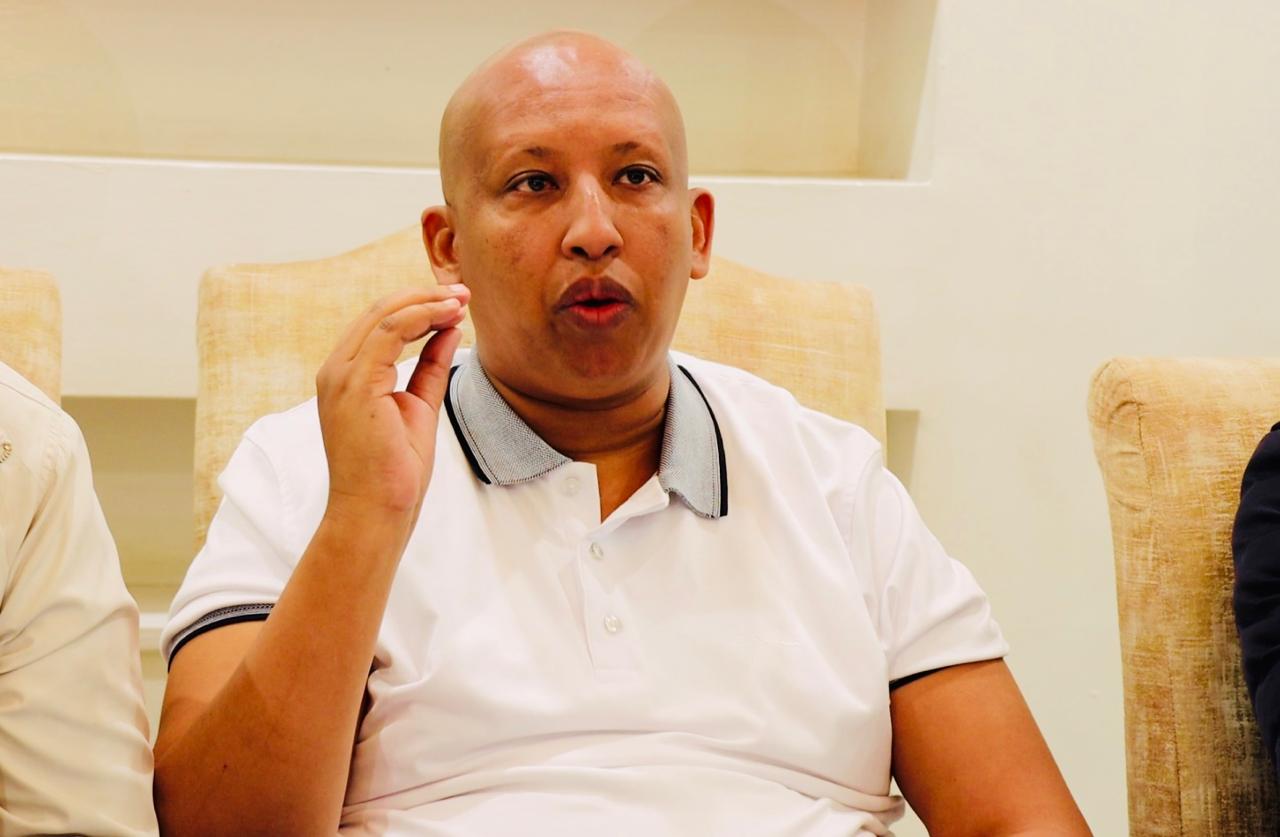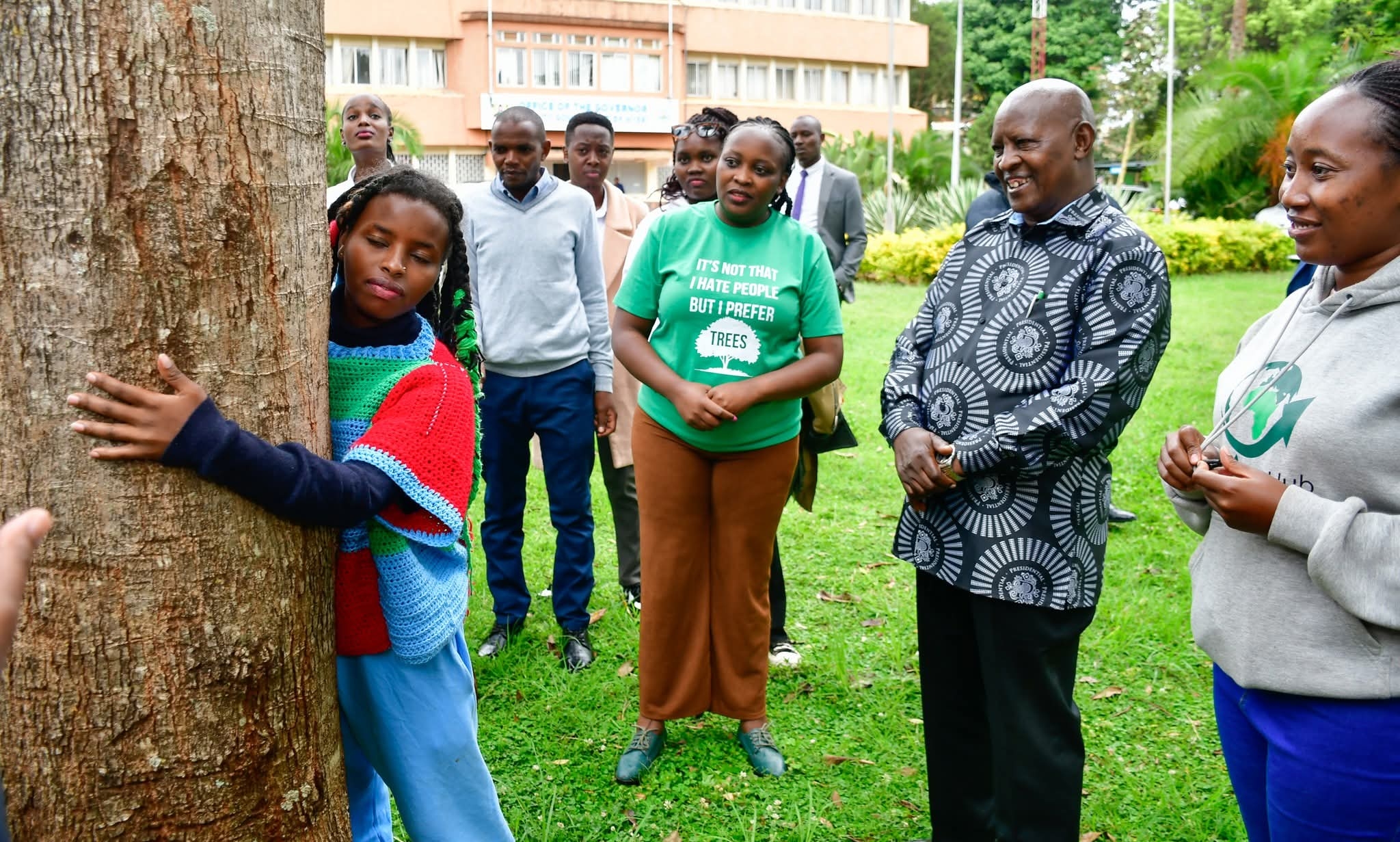 Northern
Kenya PWD chair Hafid Maalim speaking to the press./PHOTO: STEPHEN ASTARIKO
Northern
Kenya PWD chair Hafid Maalim speaking to the press./PHOTO: STEPHEN ASTARIKO
The government has been urged to do more to support caregivers and persons living with autism in the North Eastern region and across the country.
Autism is a neurodevelopmental condition that affects how a person’s brain develops and functions, particularly in areas related to social interaction, communication, behavior, sensory experiences, and learning styles.
Speaking to the press in Garissa town, Northern Kenya PWD chair Hafid Maalim said the lack of sufficient government support for individuals living with autism had made life difficult for the group.
"As the chairman of PWDs, I am deeply distressed by the lack of support available for the autism community, especially the dedicated caregivers who tirelessly advocate for their loved ones," Maalim said.
“Many families are quietly raising and caring for children and adults on the autism spectrum. These families, often with limited resources, are doing their best to provide care, support, and education with very little external assistance,” he added.
He noted that many individuals with autism are often targets of bullying and are vulnerable to physical harm due to their tendency to wander, a challenge that has made life even more difficult.
The PWD chair regretted that despite repeated appeals, the level of attention and resources directed toward autism awareness, specialised education, therapy services, and caregiver support in the country remains extremely limited.
“These autistic individuals, both children and adults, face immense challenges. Many are minimally speaking or non-verbal, and struggle to navigate social cues that come naturally to their neurotypical peers,” he said.
Despite the obstacles, Maalim said that with the right interventions and support, individuals can thrive.
He called on the government to invest in specialized services and centers for people with autism in the North Eastern region and across the country.
“We need to see the government train and support caregivers, both formally and informally, through targeted programs. Public health facilities should also prioritize educating members of the public on the need for early diagnosis,” he said.
He further urged collaboration with local leaders and disability organizations to implement culturally sensitive, community-based support systems, noting that people with autism were still being stigmatized.
“Empowering the autism community is not just a moral imperative, but also an investment in the future. By fostering a more inclusive and supportive environment, we can unlock the incredible potential of those with autism, allowing them to actively participate in and contribute to our society," Maalim said.
Globally, about 75 million people are on the autism spectrum. In Kenya, an estimated 2.2 million individuals, or 4 percent of the population, live with the condition.


















